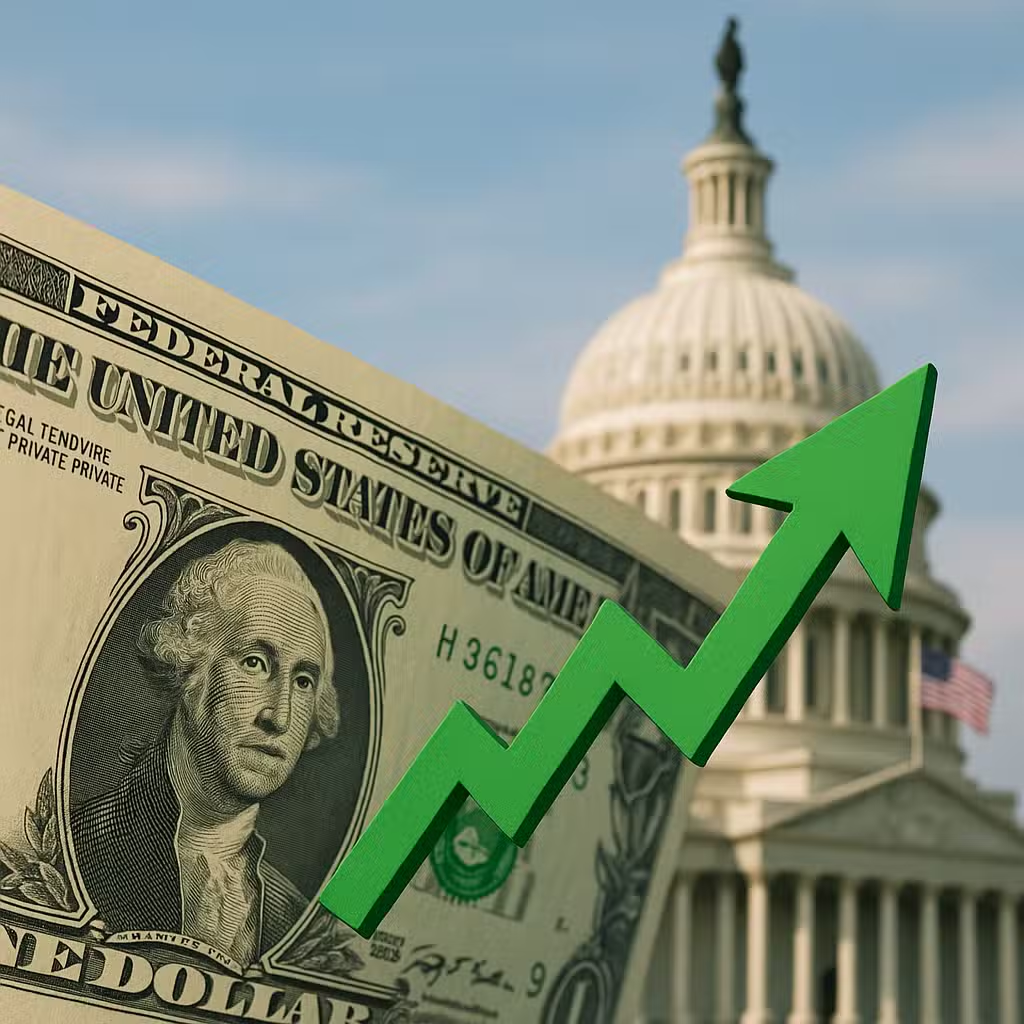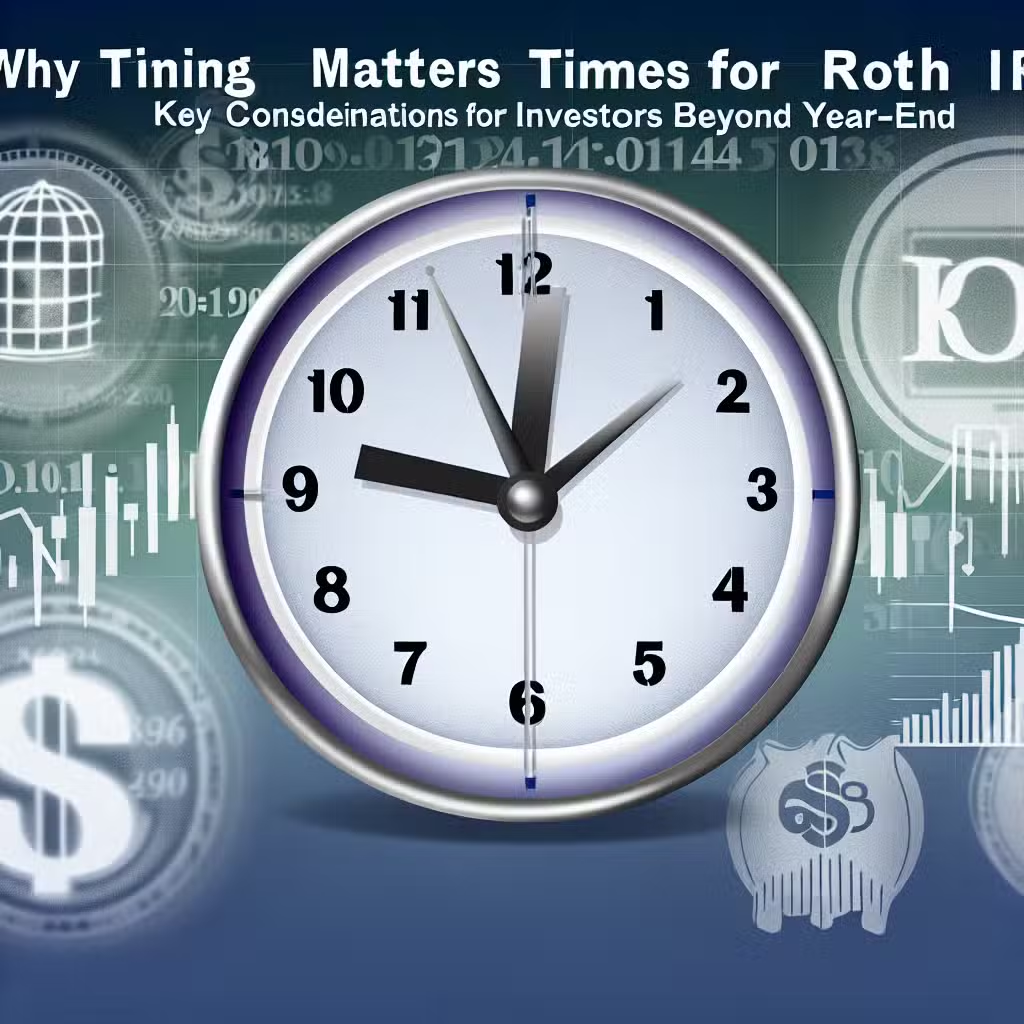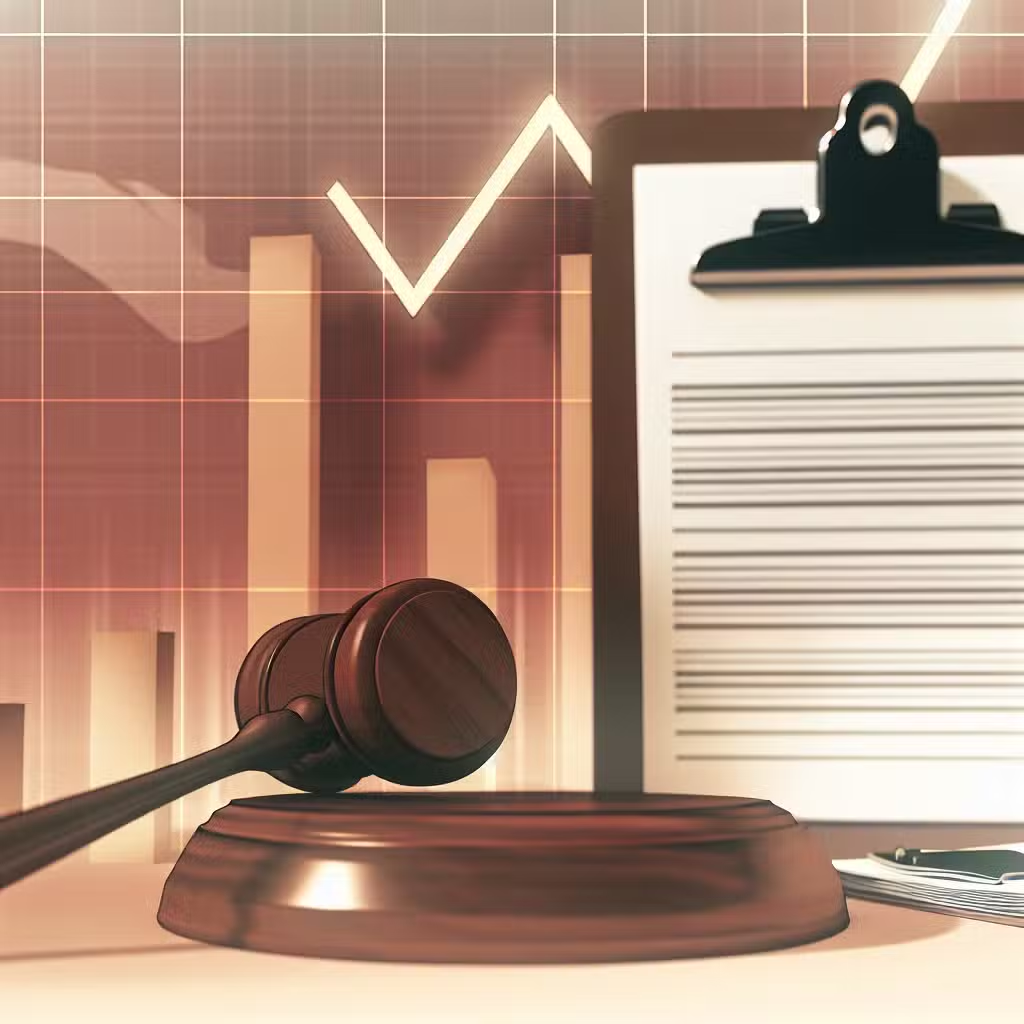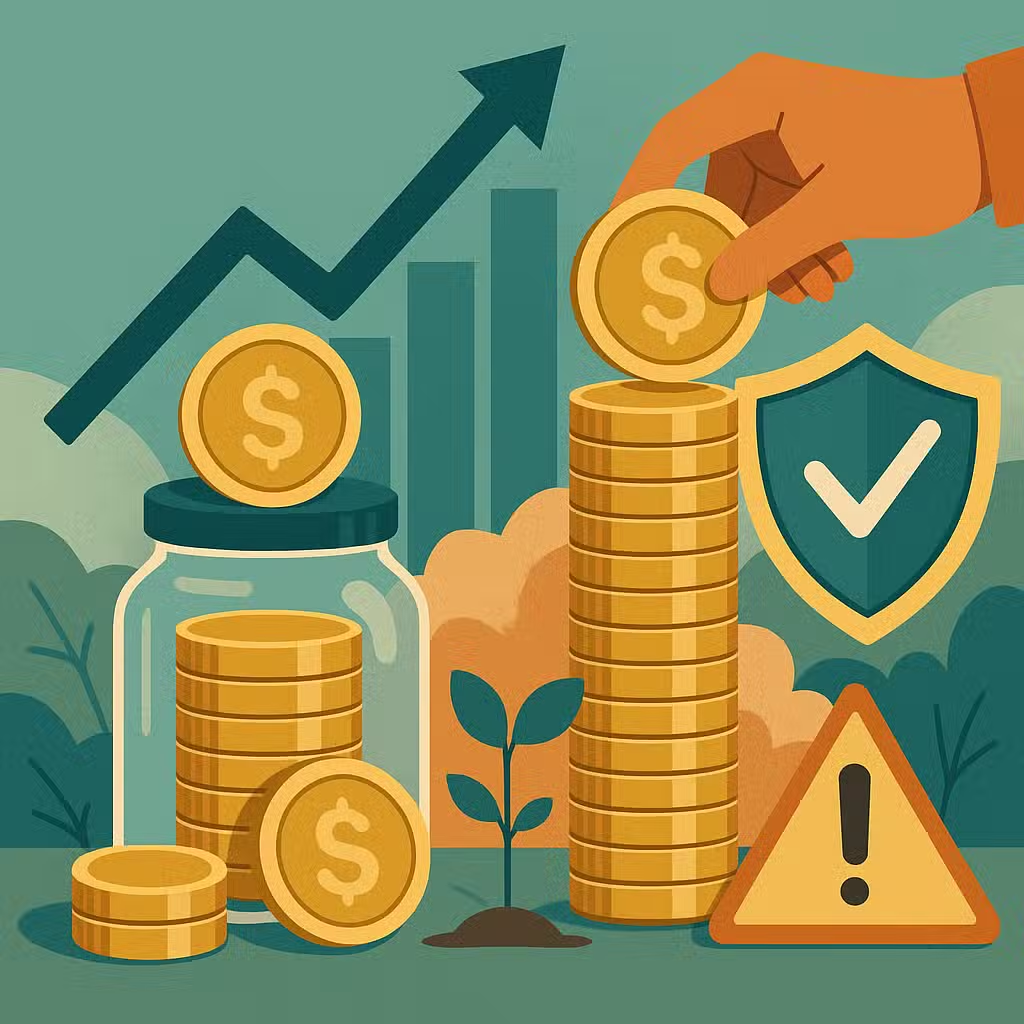U.S. Dollar Rebounds Amid Shutdown Concerns, Offering Stability Signals for Investors
Think of the U.S. dollar like the score on a video game—when it goes up or down, it affects everyone playing. Right now, the dollar is holding strong even though there’s a lot of drama in Washington, D.C., and that’s something investors should watch closely.
Why Does the Dollar Matter for Investors?
The dollar is the world’s most-used currency. When it gets stronger or weaker, it can impact your investments, from stocks to bonds and even international funds. A strong dollar can make U.S. goods more expensive overseas, but it can also mean more buying power for Americans.
What’s Happening Now?
Recently, the dollar stayed near its highest levels in months after some surprising U.S. economic data. This made people think the Federal Reserve (America’s central bank) might not lower interest rates soon. At the same time, the U.S. government is facing a shutdown because lawmakers can’t agree on a budget. This kind of uncertainty usually shakes up the markets.
- The dollar index, which measures the dollar against six other big currencies, was up a tiny bit at 97.79.
- Earlier, it had slipped more than 0.2%, putting it on track for its worst year in over two decades.
- Shutdowns can make the dollar weaker, especially compared to “safe haven” currencies like the Japanese yen and Swiss franc.
Bull Case: Reasons the Dollar Could Stay Strong
- Good U.S. economic data: If the U.S. economy keeps surprising people, investors may stick with the dollar.
- Interest rates: If the Fed keeps rates steady or even raises them, the dollar often looks more attractive to big investors.
- Global uncertainty: When things get shaky around the world, many investors run to the dollar for safety. For example, during the 2008 financial crisis, the dollar gained value as people sought a safe place for their money. (Source)
Bear Case: Why the Dollar Might Drop
- Government shutdown: If the U.S. can’t solve its budget problems, it could hurt confidence in the dollar.
- Other currencies look safer: When investors worry about U.S. politics, they sometimes move their money to places like Japan or Switzerland.
- Long-term trends: According to Citigroup, past shutdowns have usually meant a weaker dollar, especially compared to safe currencies.
What Does History Tell Us?
During the 2013 government shutdown, the dollar lost about 2% against the euro in just two weeks (Reuters). But when shutdowns end quickly, the dollar often bounces back.
Investor Takeaway
- Keep an eye on U.S. government news—shutdowns can shake up the dollar and your portfolio.
- If you invest internationally, remember a strong dollar can hurt foreign stock returns (and vice versa).
- Consider “safe haven” assets like gold or the Japanese yen if political drama drags on.
- Don’t panic—short-term swings are normal, and the dollar often recovers after political problems get fixed.
- Review your portfolio for too much risk in one area, especially if you own lots of U.S. stocks or funds.
For the full original report, see CNBC







